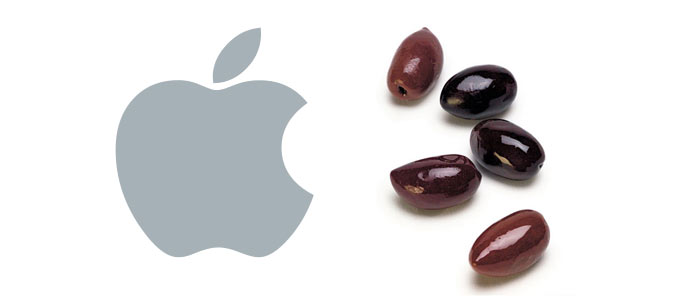About a month ago HEXUS reported upon industry rumours pointing to a planned Apple Mac computer transition to the Arm processor architecture. The source of those rumours was the respected Apple-focussed analyst at KGI Securities in Taiwan, Ming-Chi Kuo. According to the analyst, Apple has already started working with ASMedia Technology to add USB4 to Arm-based Mac computer chipsets. The likely timeframe for the first Arm-based Apple Mac computers to arrive was said to be Q4 2020 / Q1 2021 but it would be understandable if there were delays.
Yesterday evening serious finance news site Bloomberg put its weight behind the processor architecture shifting, and potentially industry quaking, rumours. The key points learned by Bloomberg reporters from 'people familiar with the matter' were that; the new processors would be based upon the designs used in iPhones/iPads (the AXX SoC series), and the transition will be gradual - starting with the lower-end Macs (which currently run dual-core Intel CPUs).

Kalamata processors with Firestorm and Icestorm cores
Apple is currently working on three Mac processor models codenamed Kalamata, says the source report. These are being designed in tandem with the A14 processor, destined for the next iPhone, but will be much faster than those smart device targetting processors. As noted in our previous report, laptops and desktops have a much greater power budget to play with, and heftier cooling tech, to enable faster performance. Kalamata chips will feature in at least one Mac computer in 2021, according to Bloomberg's sources.
The Kalamata SoC will consist of "eight high-performance cores, codenamed Firestorm, and at least four energy-efficient cores, known internally as Icestorm," says Bloomberg. With the news that there are several Kalamata processors being designed and Apple striving for greater vertical integration, it is likely to press on quickly to move more of its Mac lineup away from its current Intel reliance. A further interesting info nugget uncovered by Bloomberg reporters was that TSMC will be making the Kalamata chips on its N5 process.

Kalamata olives, right
Apple will have a lot of work to do in the transition but has successfully navigated this passage previously, most significantly in the move away from PowerPC to Intel processors. Once the work is done there should be manufacturing, software ecosystem, licensing, product timing and other benefits for Apple to enjoy.
Intel will lose some custom and prestige if it is no longer the processor supplier for Apple Macs. Last summer Apple bought up Intel's 5G modem business, and gained 2,200 key employees, sparked by the chipmaker's failure to deliver on promising technology.













